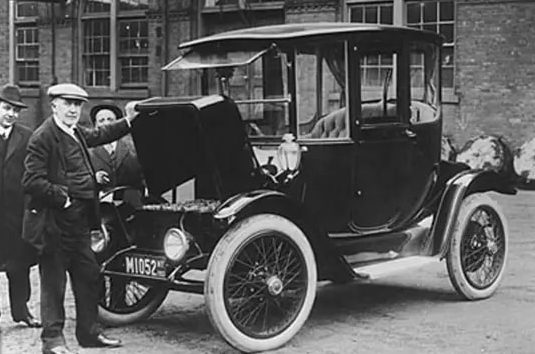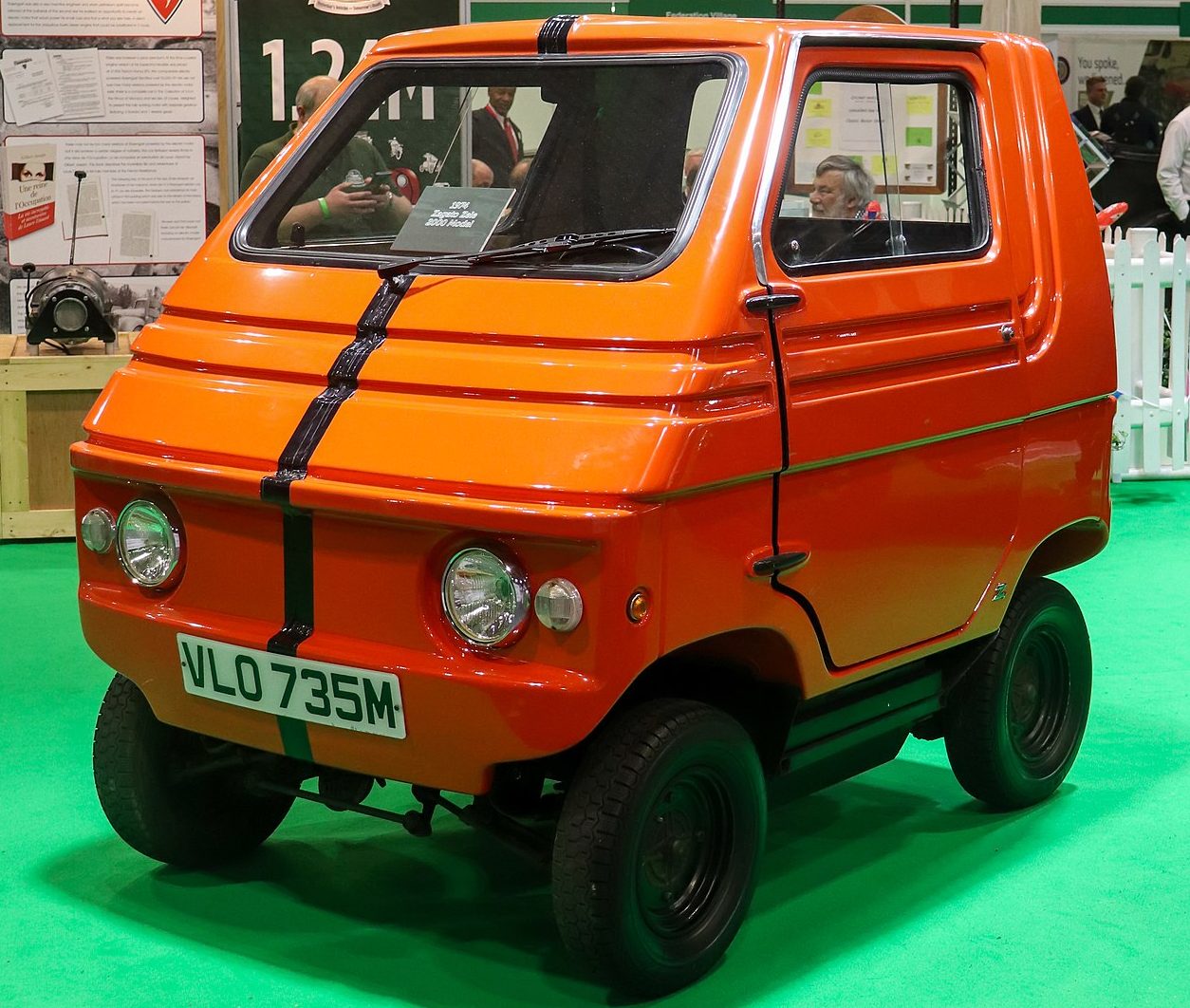
“Power doesn’t only come from the barrel of a gun (with apologies to Mao Zedong). I refer, of course, to batteries”, writes “Whimsy” columnist CLIVE WILLIAMS.
TESLA drivers might be surprised to learn that electric vehicles (EVs) have been around for nearly two centuries, with the first basic EV developed in 1832.

However, it’s only in recent years that sales of EVs have started to take off – mainly due to concerns about climate change and the impact and cost of fossil fuels. It’s estimated that globally there could be more than 300 million EVs by 2030, with EVs accounting for 60 per cent of new-car sales.
In the past, battery life and weight have been limiting factors. The demand for better performance, safety, and sustainability of batteries has been driven not only by EVs but also by the increasing demand for portable and cordless devices (such as power tools, irons, vacuum cleaners, torches, etcetera) and renewable energy storage systems.
I bought my wife a cordless Sokany steam iron last year. Now she swears by it.
A major development in battery technology has been the improvement of lithium-ion batteries. These batteries, widely used in portable electronic devices and EVs, have a high energy density and a long lifespan. Lithium-ion batteries are rechargeable, of course, and can provide sustained power for longer. In recent years, researchers have been able to improve the performance of lithium-ion batteries by using new materials for the electrodes and developing more efficient charging and discharging methods.
Last autumn I bought myself a Ryobi electric lawn mower with mulching capability. Brilliant, because I no longer have to buy fuel and mix it or collect the grass clippings. The mower also mulches fallen leaves. It can be a bit tedious recharging the batteries, but two lithium 9.0Ah rechargeable batteries will do several cuttings of a large lawn or nature strip.
Then there’s the convenience of our battery-powered Dyson vacuum cleaner. Ideal I’ve found for hunting flies in the dwelling. Trying to vacuum them in mid-flight improves your balance, dexterity and reaction time, so it has significant health benefits. A skilled operator at the peak of his (or her) powers can even achieve capture without using maximum suction. A humane option is to release the fly outside after capture.

Another significant development in battery technology has been the emergence of solid-state batteries. These batteries use solid electrodes and electrolytes, which make them safer and more stable than traditional lithium-ion batteries. They also have a higher energy density, which means they can store more energy in a smaller space. Solid-state batteries are still in the early stages of development but have the potential to revolutionise the way we store and use energy.
Researchers are also working on developing batteries that use materials that are more abundant and less toxic, such as zinc or magnesium. These batteries could potentially be cheaper and more environmentally friendly than batteries that use rare and expensive materials. Additionally, there is a growing interest in recycling used batteries to reduce waste and conserve resources.
Despite these advances, one of the main challenges facing battery technology is the cost of production. Many of the materials used in batteries, such as lithium and cobalt, are expensive and their prices can fluctuate significantly. This makes it difficult for battery manufacturers to predict the cost of production and affects the price of products that use batteries.
In particular, the cost of batteries is a significant factor in the overall cost of an EV. Battery costs will decrease over time, making the cost of EVs more affordable for consumers. I have always wanted an Aston Martin Vantage and the company plans to offer hybrid and electric versions of all its models by 2025. I expect to buy the tyres and work up.
I should perhaps add the disclaimer that I am not gaining any financial advantage from naming the products above.
A final thought – should time-expired batteries at Bunnings be free of charge?
Clive Williams is a Canberra columnist
Who can be trusted?
In a world of spin and confusion, there’s never been a more important time to support independent journalism in Canberra.
If you trust our work online and want to enforce the power of independent voices, I invite you to make a small contribution.
Every dollar of support is invested back into our journalism to help keep citynews.com.au strong and free.
Thank you,
Ian Meikle, editor





Leave a Reply